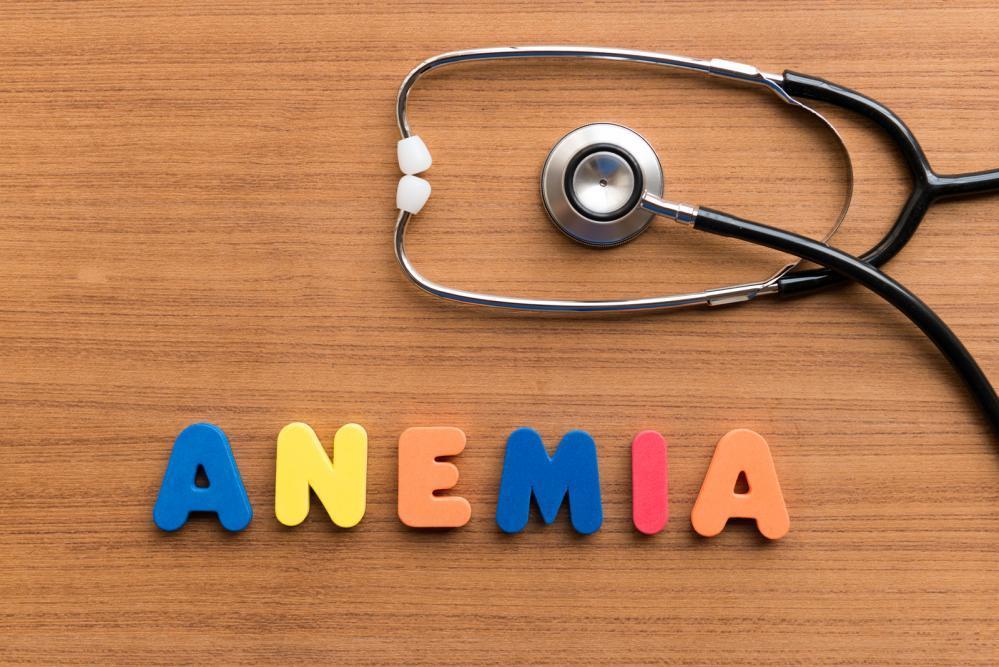Anemia is a condition where your red blood cell count is lower than usual. It can also result due to low levels of hemoglobin. Hemoglobin is an iron-based protein found in red blood cells that helps them carry oxygen from the lungs to the rest of the body. It also gives your blood its red color. Low levels of red blood cells or hemoglobin mean that your body does not receive sufficient amounts of oxygen-rich blood. As a result, you feel weak or lethargic. A person suffering from anemia may also experience dizziness, headaches, an irregular heartbeat, and shortness of breath.
The treatment of anemia is very important. Most types of anemia are short-term and can be easily treated through dietary supplements or maintaining a healthy diet. However, other types of anemia are more severe and long-lasting. If they are not properly diagnosed or treated, they can prove to be life-threatening. Let’s take a look at the treatment of different types of anemia.
Changes in Your Diet
A poor diet is usually the most common cause of anemia. When you don’t eat iron-rich foods, it increases your chances of suffering from iron-deficiency anemia. This is because your body requires iron to produce hemoglobin. Anemia can also result due to a vitamin B12 or folic acid deficiency. This type of anemia is called pernicious anemia. To treat iron-deficiency or pernicious anemia, your doctor may prescribe dietary supplements. You can also follow a diet plan that includes:
- Meat (Beef, liver, turkey, chicken, pork, fish, etc.)
- Dark green leafy vegetables
- Dried fruits (raisins or prunes) and beans
- Eggs and dairy products
- Soy-based beverages
- Fruits such as apples, bananas, and oranges
- Fortified foods
Make sure you only take iron supplements as prescribed by your doctor. Ingesting large amounts of iron can very harmful for your body.
Prescribing Medication
Your doctor can prescribe medicines such as erythropoietin that help your body produce more red blood cells. Medication is usually prescribed when your anemia is due to an underlying disease. For example, you may have to take antibiotics to treat bacterial infections. In some cases, anemia results due to an autoimmune reaction where your body’s immune system destroys red blood cells. In such cases, you will be prescribed medicines that prevent this autoimmune reaction from occurring. If your anemia is due to heavy menstrual bleeding, then your doctor can prescribe a hormone-based treatment.
Blood Transfusions and Other Medical Procedures
In severe cases of anemia, your doctor can recommend medical procedures such as a blood transfusion or a blood and marrow stem cell transplant. A blood and marrow stem cell transplant involves the replacement of damaged stem cells with healthy stem cells for the treatment of anemia.
Let’s Sum It Up
The treatment of anemia varies according to the type of anemia you are suffering from. If you are suffering from anemia due to nutritional deficiencies, then changes in your diet and taking dietary supplements can help. In other cases, medication or medical procedures may be required.
If you require further advice on the best way to treat anemia, we suggest you make an appointment with a physician at Health One Family Medicine.
Visit https://www.healthonemedicine.com or call (469)262-5762.

